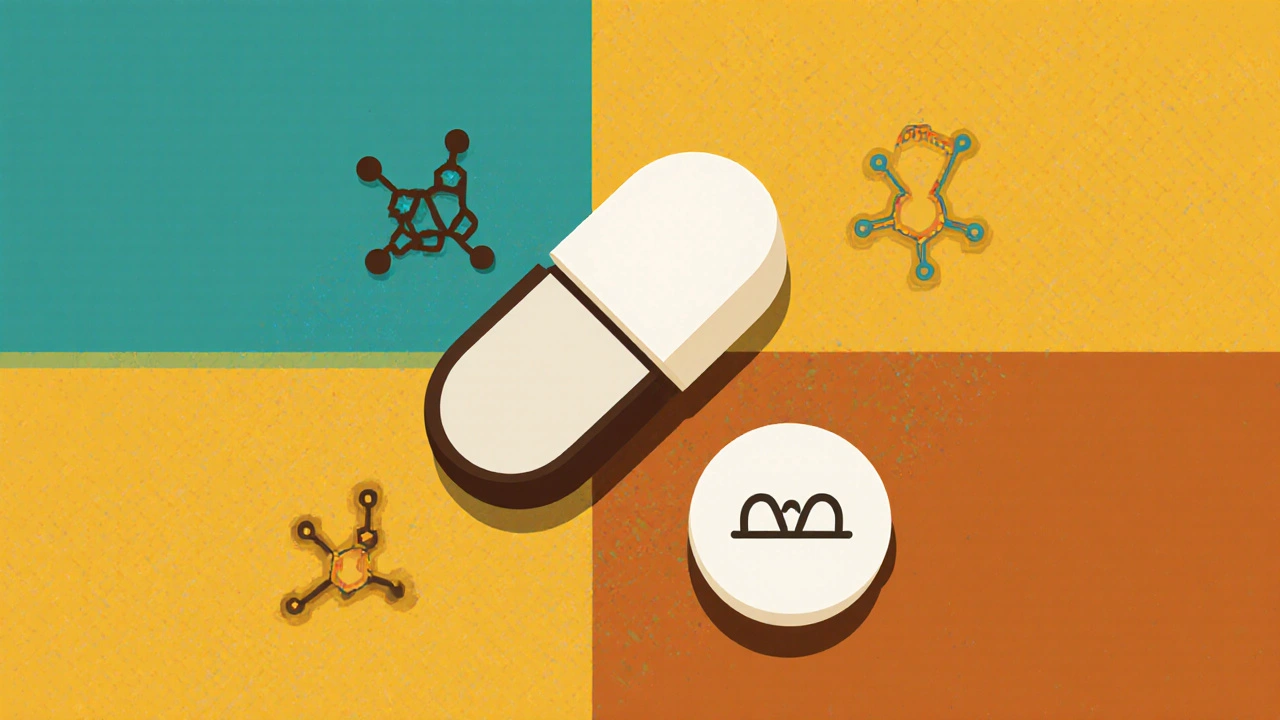MAO Inhibitor: What It Is, How It Works, and What You Need to Know
When your body breaks down neurotransmitters like serotonin and dopamine, it uses an enzyme called monoamine oxidase, an enzyme that regulates mood-related brain chemicals by breaking them down. An MAO inhibitor, a class of antidepressant drugs that block this enzyme to increase levels of mood-regulating neurotransmitters. Also known as MAOI, these medications don’t work like SSRIs or SNRIs—they’re older, more powerful, and require careful handling. They’re not first-line treatments, but for some people with treatment-resistant depression, they’re the only thing that works.
MAO inhibitors come in different forms. selegiline, a selective MAO-B inhibitor often used as a patch for depression or Parkinson’s. Then there’s phenelzine, a non-selective MAOI that affects both MAO-A and MAO-B enzymes. These drugs stay in your system for days, which is why you can’t just stop them cold turkey. And because they prevent the breakdown of tyramine—a compound found in aged cheese, cured meats, and fermented foods—they can cause dangerous spikes in blood pressure if you eat the wrong things. That’s why food restrictions aren’t optional; they’re life-saving.
These medications don’t play nice with other drugs either. Taking an MAO inhibitor with common painkillers, cold medicines, or even St. John’s wort can trigger serotonin syndrome—a potentially fatal condition. You’ll find posts here that explain how drug interactions can turn harmless combinations into emergencies. You’ll also see how Emsam (a selegiline patch) fits into modern treatment, and how patients manage side effects like dizziness or weight gain. Some posts even compare MAO inhibitors to other antidepressants, showing when they’re worth the extra caution.
What makes MAO inhibitors different isn’t just how they work—it’s how carefully they must be used. They’re not for everyone, but for those who’ve tried everything else and still struggle, they offer a real chance at relief. The posts below cover everything from safety tips to real-world experiences, so you can understand what’s involved before you—or someone you care about—takes this path. You’ll learn how to avoid deadly mistakes, recognize warning signs, and make informed choices with your doctor.

Linezolid and Serotonin Syndrome: What You Need to Know About the Real Risk with Antidepressants
Linezolid can cause serotonin syndrome when taken with antidepressants, but real-world data shows the risk is extremely low-under 0.5%. Learn when it's safe to use both and what to watch for.
